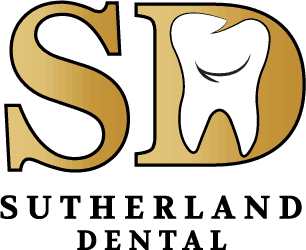Yes, your teeth have multiple layers of your teeth. There are inner layers and outer layers. When one layer becomes damaged or impacted, so does your smile. Each individual layer plays a connecting part in making sure your teeth remain strong and shiny for the long term. With this, a strong oral routine is essential to keep each layer as healthy as possible.
You may have heard of these different layers of your teeth in the separate context of dentistry, but let’s take a step back and explain the different layers of your teeth and what they consist of. Let’s start from the front and work our way to the back of your teeth.
- Enamel – The enamel is the hardest substance in the body and sits on the front or outer surface of the crown of your teeth. Its strength maintains the strength of your teeth every single day even when your mouth functioning is regularly active, for example, through biting and chewing on food. The enamel is made from calcium and phosphate, and continuing to feed your enamel with these two properties from the right foods will keep your smile strong and shiny. This alongside brushing and flossing is important in preventing any damage. When the enamel interacts with sugar and bacteria, it can form an acid attack, exposing it to harmful infections.
- Dentin – The underlying dentin sits as the middle layer of your teeth, or beneath the surface enamel and surrounds the tooth pulp. The dentin is living tissue made of tubules and calcified minerals and is not as hard as the enamel, but provides support to it. When the enamel is exposed by infection or disease, your dentin will be become exposed as well to conditions such as gingivitis and tooth sensitivity. You’ll also begin to notice your teeth generate a yellow colour. Read here to learn how the dentin becomes exposed.
- Pulp – The pulp is the softest central layer of the tooth which comprises tissue composed of nerves and blood vessels. The pulp helps to keep your dentin layer healthy by feeding it with the right nutrients. If the pulp becomes exposed to tooth decay, the nerves and tissue become damaged, and this means your tooth has reached an advanced stage of decay, requiring root canal treatment or tooth extraction treatment if the tooth is severely damaged beyond repair. Infections that reach the pulp cause extreme sensitivity.
To ensure all layers of your teeth remain healthy, ensure that your oral routine comprises of the following steps:
- Brushing and flossing your teeth twice a day
- Eat a balanced diet comprising of calcium and phosphate minerals
- Keep your mouth clean from food particles
- Reduce sugar and acidic drinks
- Regularly visit the dentist for a check-ups
If you’re overdue for a check-up, we are ready for you at Sutherland Dental. Contact us here to get started!


